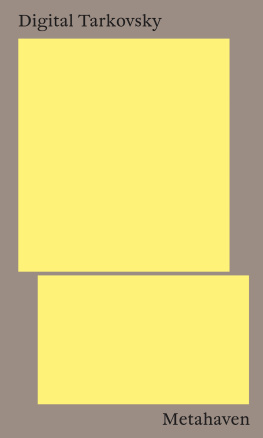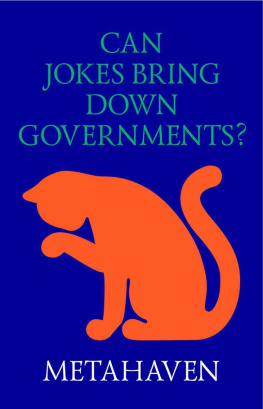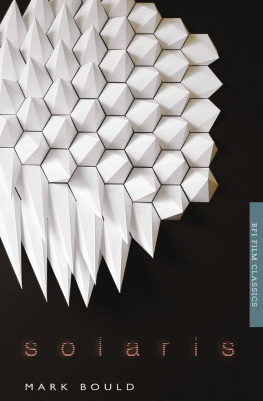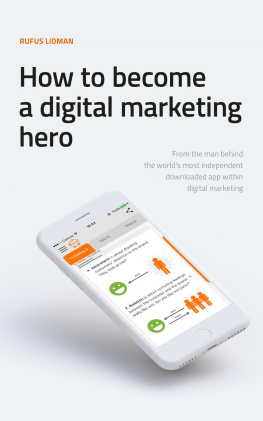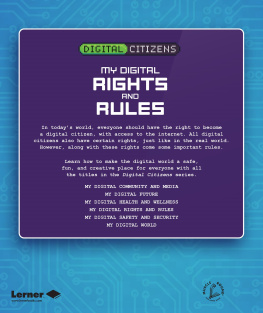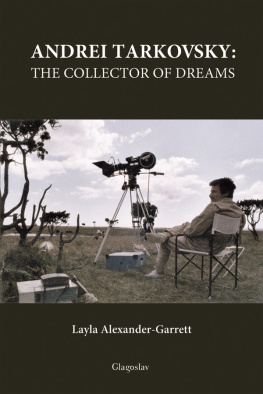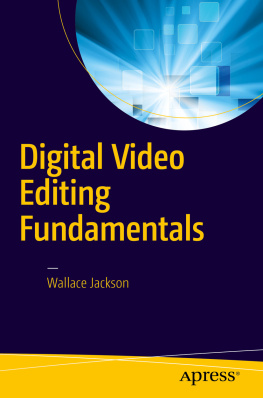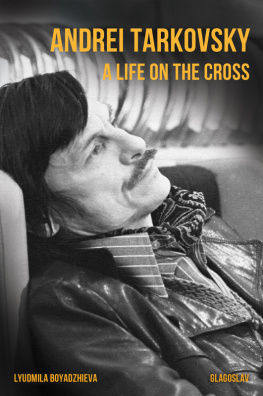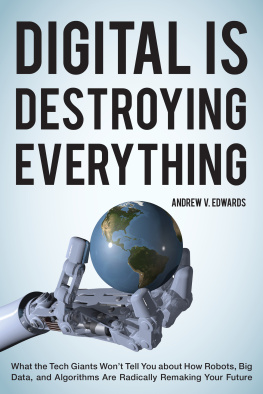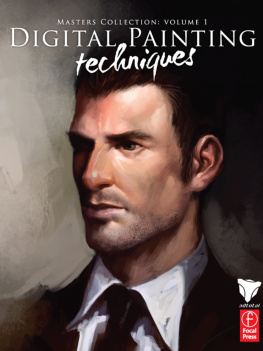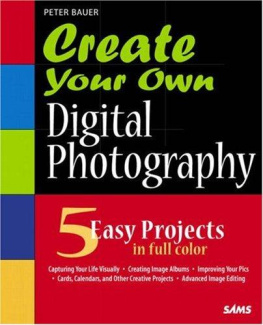Metahaven - Digital Tarkovsky
Here you can read online Metahaven - Digital Tarkovsky full text of the book (entire story) in english for free. Download pdf and epub, get meaning, cover and reviews about this ebook. year: 2018, publisher: Strelka Press, genre: Art. Description of the work, (preface) as well as reviews are available. Best literature library LitArk.com created for fans of good reading and offers a wide selection of genres:
Romance novel
Science fiction
Adventure
Detective
Science
History
Home and family
Prose
Art
Politics
Computer
Non-fiction
Religion
Business
Children
Humor
Choose a favorite category and find really read worthwhile books. Enjoy immersion in the world of imagination, feel the emotions of the characters or learn something new for yourself, make an fascinating discovery.
Digital Tarkovsky: summary, description and annotation
We offer to read an annotation, description, summary or preface (depends on what the author of the book "Digital Tarkovsky" wrote himself). If you haven't found the necessary information about the book — write in the comments, we will try to find it.
Digital Tarkovsky — read online for free the complete book (whole text) full work
Below is the text of the book, divided by pages. System saving the place of the last page read, allows you to conveniently read the book "Digital Tarkovsky" online for free, without having to search again every time where you left off. Put a bookmark, and you can go to the page where you finished reading at any time.
Font size:
Interval:
Bookmark:

CINEMA OF THE INTERFACE
If it were possible to demonstrate that lived reality is always a construct of the imagination and thus perceived only on condition of being fictional, irreducibly haunted by phantasms, then we would finally be forced to conclude that perception is subordinated to is in a transductive relationship with the imagination; that is, there would be no perception outside imagination, and vice versa, perception then being the imaginations projection screen. The relationship between the two would be constituted of previously non-existent terms, and this in turn would mean that life is always cinema [...].
Bernard Stiegler
The chances are that you are reading these words on a mobile device. There is a good chance that you are spending a lot of time on that device every day. If that is the case, you are not alone. It is reported that in the US alone, the average adult spends two hours and 51 minutes on their smartphone every day. That is eight minutes longer than Andrei Tarkovskys film Stalker. But it is a good hour and ten minutes shorter than the average time that a French worker once spent watching TV. In China in 2018, the average daily time spent on a mobile device has begun to exceed time spent watching television, increasing to two hours and 39 minutes per day four minutes shorter than Stalker.
For all the complaints that we could make against the average digital device for the time that it is stealing from us, we should perhaps instead investigate the kind of experience that we have whilst staring at and interacting with these tiny screens and the digital platforms inside and behind them. Since the experience we intend to describe contains the elements of image, sound, motion, interaction, and duration, we are considering it a cinematic experience.
Media theorist Charles Soukup contends that the temporal and spatial dimensions of everyday life are complexly interconnected with digital screens. Time and space are fragmented and displaced as individuals are decreasingly grounded or tethered to a kind of physical shared reality. We are engaging with digital devices and screens in a way that approaches, but has not yet reached, the stage of full immersion. In other words, the proto-cinematic narrative form that unites all of these screen experiences is not yet seamless and complete; a digital patchwork that blends in and out of reality and, at the time of writing, ends up totaling every day at the length of a slow Russian movie. This fragmented temporal experience inserts itself as a new kind of cinematic Gesamtkunstwerk for which we are yet to find the proper term. The objective of our essay is to probe this undeclared cinematic timespan.
We do so under the rubric Digital Tarkovsky because we believe that the work and world of the famed Russian filmmaker provides a fresh perspective, when re-interpreted in the context of the digital fragmentation that surrounds us.
As we will see, Tarkovskys artistic method was significantly messier than is recognised in the common understanding of his work as Cinema with a capital C. Thus, our essay will look at the way in which Cinema with a capital letter has consolidated its ideas about time and duration, which are closely tied to the human experience of the moving Now.
One of the most central qualities of Tarkovskys films is how they make us feel the flow of time even if such a flow is more of a human experience than an accurate scientific observation. Put differently, Tarkovsky forces us to experience the fact that things take time.
By contrast, our screens have become associated with ever-shortening attention spans and altered human cognitive functioning. They change the way we spend our time in public, so daydreaming, thinking, speculating, observing, and people
watching are diminishing arts.
But perhaps waiting, daydreaming, thinking, speculating, and observing have not vanished from daily life, and arent diminishing arts as much as they are arts in redefinition. We are daydreaming, speculating, and waiting differently. Messages, push notifications, and social media prompts become a new measure of our time. Our addiction to the mobile devices platform services then enmeshes us in time intervals that run between our cravings for updates, shorter or longer latency periods when no updates happen, the moments of actual updates, and the velocities of all other events in our lives and environments. Here, also, things take time.
You remember the future as it once was: Internet Time. Swatch Internet Time. One global planet, so, one timeless timesaid one famous guy. It was a clock that would be ticking in Switzerland.
It was before you left him or her. You left him or her on that day. You werent even born yet. You lived in the Now. You remember the dizzying feeling of free fall. Its a long time ago now and nobody cares.
You knew what you would say if this were to be a lecture. Youd just straightaway point at the fact that everyones real time is so much less fast than the platforms time. In your life, less happensand the things in the feed dont really happen until they push themselves to the front, making your life seem more boring in comparison.
Internet Time, as conceived by Swiss watchmaker Swatch, was a single, global clock ticking for all of mankind, obliterating time zones. It has aptly been called times version of Esperanto. Platforms have surpassed the basic analogy between globalisation and the web.
Internet platforms are technologies that function as a base upon which other applications, processes, or technologies are being developed. They are not websites, but infrastructures; apparatuses that demand constant user engagement.
HIMMEL BER BERLIN . The bar scene. Theyve met.
The arrival of internet platforms implies the segmentation of global time into specific temporalities that each construct their own version of a moving Now. Indeed, in the context of platforms, the making of real-time [] does not unfold as a flat, eternal now or as a global, high-paced stream, but brings to our attention the particular web-specific entities, activities, and actors determining the temporality of the specific space, wrote Esther Weltevrede, Anne Helmond, and Carolin Gerlitz in a 2014 study. They assert that this happens at different speeds in relation to different devices.
The key point remains that real-time is a constructed, designed configuration of temporality that occurs in a complex simultaneity with other, concurrent pacing rhythms.
Since we set out to look at mobile devices and their temporality as an undeclared form of cinema, the notion of pacing presents some important starting points for thinking about platform temporality. Platforms direct narrative arches and cliffhangers, shaping themselves around a users needs and attention. All of this is crucially dependent on the user reciprocating. The platform experience becomes increasingly lengthier, while more user data feeds back into the platform. Leif Weatherby contends that as we live more of our lives on platforms such as Facebook, even the line between mind and matter is up for grabs. Think about Elon Musks proposal to jack your brain into the social network directly, surpassing the necessity for typing. Mark Zuckerberg is a fan of this proposal, since whatever gets platformed in this case, your mind also becomes data owned by the platform-owners.
Font size:
Interval:
Bookmark:
Similar books «Digital Tarkovsky»
Look at similar books to Digital Tarkovsky. We have selected literature similar in name and meaning in the hope of providing readers with more options to find new, interesting, not yet read works.
Discussion, reviews of the book Digital Tarkovsky and just readers' own opinions. Leave your comments, write what you think about the work, its meaning or the main characters. Specify what exactly you liked and what you didn't like, and why you think so.

